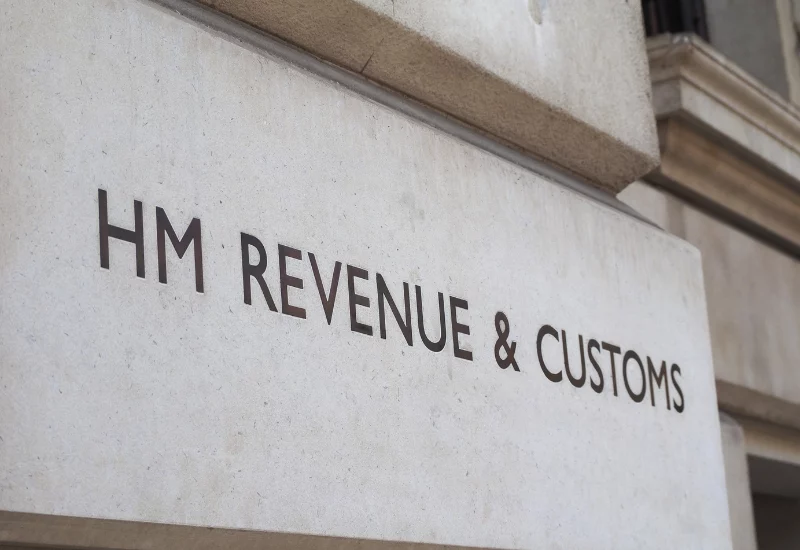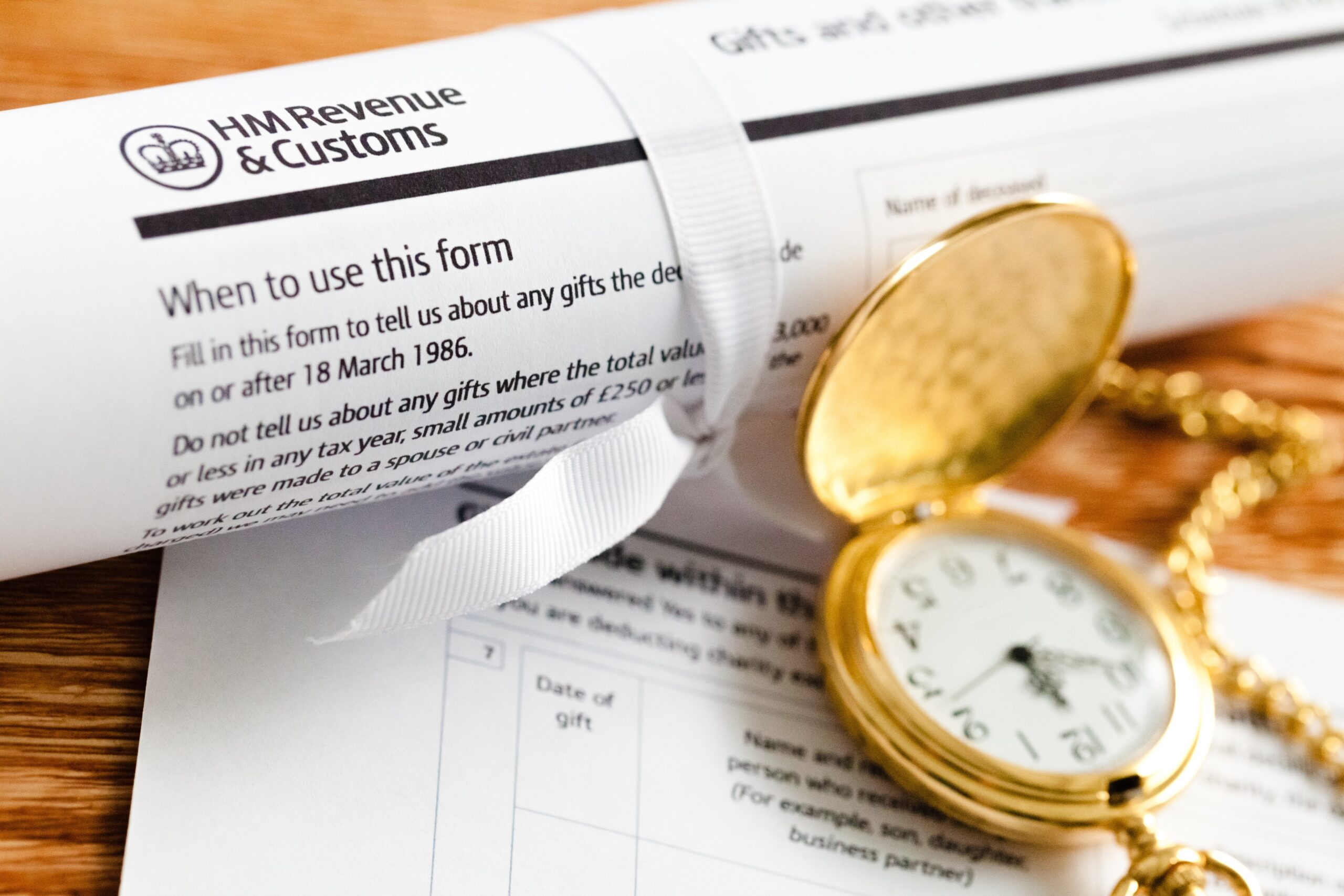- 24 Aug 2022
- •
- 3 min read
What clients need to know about trust registration

HMRC previously extended the Trust Registration Service to include non-taxable express UK trusts. Historical ones had to be registered by 31 August 2022. Now the general rule is that trusts have to be registered within 60 days of creation (with some exceptions). If you have created a trust or are the trustee of a trust which has not yet been registered with HMRC, you may need to take action.
Many people think trusts are only for the rich. Whilst many wealthy families set up trusts, there are other reasons to create trusts including documenting who owns what share of an asset.
For example, you buy a house for £500,000 and you put in £400,000 and your brother puts in £100,000. If the property is in your name, you might draw up a document stating that 80% is owned by you and 20% by him. This means you are holding it ‘on trust’ for the two of you.
Due to anti-money laundering and transparency rules, by 31 August, trusts like this now have to be registered with HMRC. Failure to register could mean penalties and that you are unable to sell the property until the trust registers.
So where the names on the property differs from the people who own the equity, the trust has to register. However, if Mr and Mrs Smith have a property in their names but own unequal shares then it will not have to register.
Non- Taxable Trusts requiring registration with HM Revenue & Customs
Trusts which need to be registered are:
- Bare trusts
- Nominee arrangements
- Declarations of Trust where the people on the title to the property are not exactly the same people as those who have the beneficial interest in the property i.e. Mr and Mrs Smith (where Mr and Mrs Smith are the only people on the title to the property) hold their property as to 50% for them and 25% for each of their two children
- Discretionary Trusts
- Life Interest Trusts
- Pilot trusts (set up from 6 October 2020 onwards)
- Lifetime Trusts
- Disabled/Vulnerable Persons Trusts (if there are people who can benefit other than the disabled person)
- Will Trusts (that continue for more than two years after death
Exemptions from registration
Trusts which are exempt from registration are:
- Bereaved minor’s trusts (assets in trust under the Will or intestacy of a deceased parent until their child is no older than 25)
- Disabled/Vulnerable Persons Trusts (if no one but the disabled person can benefit)
- Personal Injury Trusts
- Will Trusts which are wound up within two years of death
- Life Insurance trusts where the trust deed is produced by the life insurance company and the only asset held is the life policy and the policy has not paid
There is a lot of confusion about who has to register what and the rules are wide reaching. They can include property in Mr’s name only but where the rent is paid to Mr and Mrs, investments owned in grandparents name for grandchildren and bonds held in trusts. If you own something but it is not owned purely for you then find the documents and show it to your solicitor or accountant and they should be able to tell you whether it needs to be registered.
There are exceptions to the rule though so be cautious, not everything needs registering – for example if you and your husband own a property in your names but have a declaration of trust saying you own 60% and he owns 40% then you would think that given the word “trust” is in there you would have to register it. But in this instance you do not, because the people who own it are the same people who have the interest in it. Trusts created by the rules of intestacy are also exempt as are personal injury trusts. Trusts which have already been registered as taxable on the HMRC portal (not purely on paper) are already registered so do not need to be registered again.
Anyone who thinks they may be a trustee or involved in any trust should take advice as soon as possible. If you think you have a trust that may need to register, please contact our trust registration team on 0800 2800 421 for advice or get in touch here.
Mihiri Gajraj of Trethowans was recently featured in FT Adviser on the topic of trust registration, read the article here.





